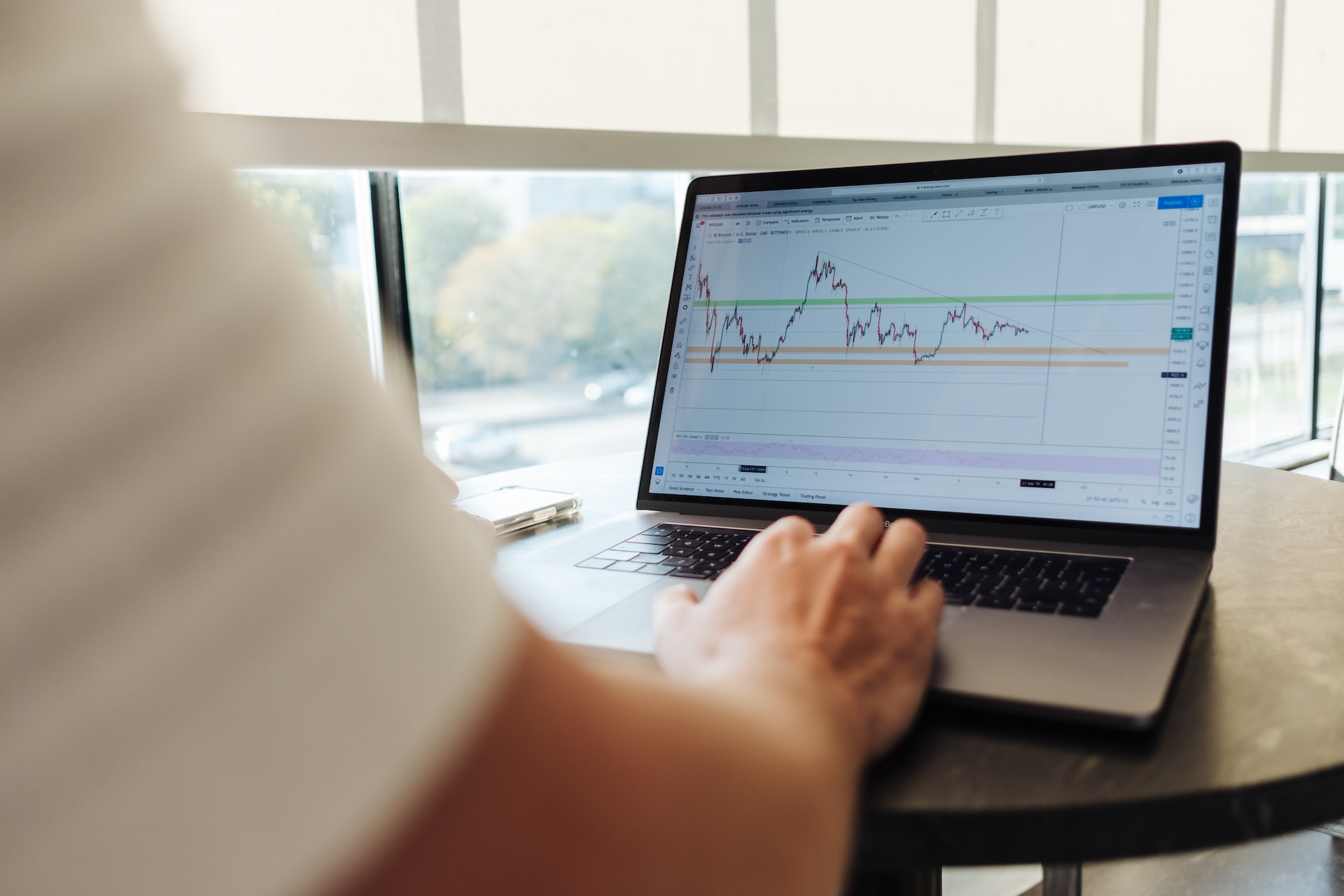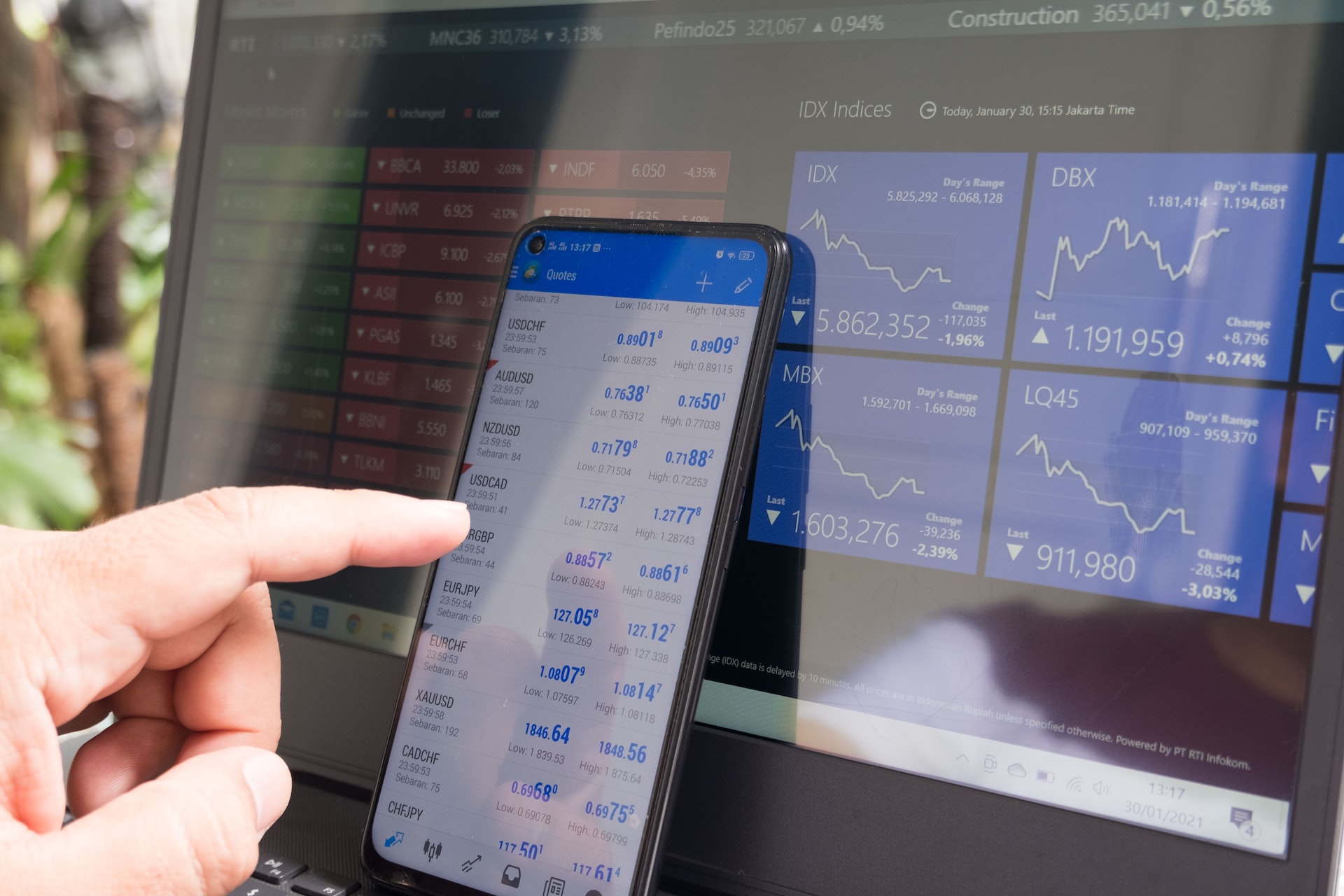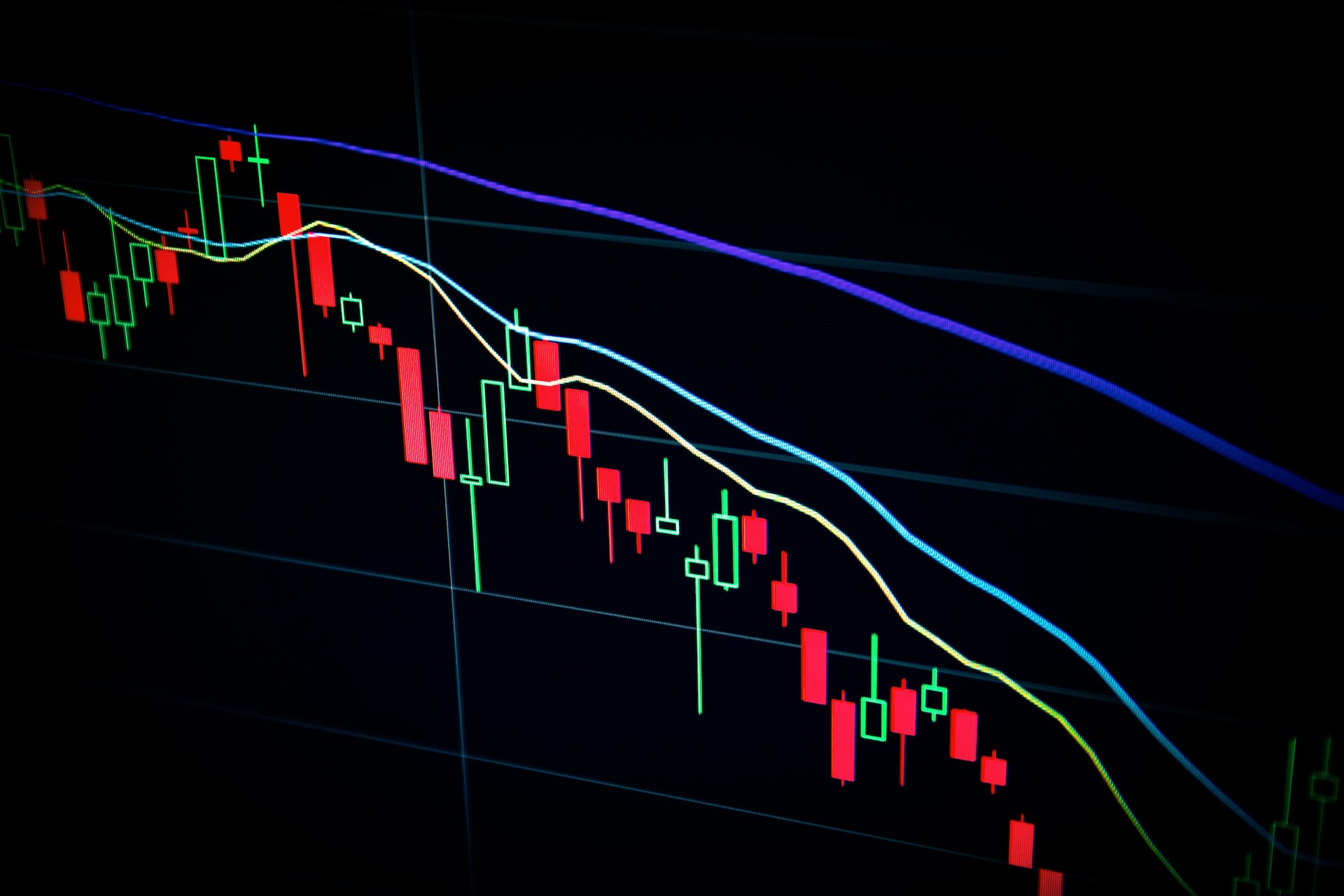Forecasting market demand is a crucial part of any business. It helps companies make better decisions, identify opportunities, and prepare for the future.
But what if the market could forecast demand more effectively with the help of AI? Forecasting demand has gained significance in recent years due to its various benefits for a business. High-tech manufacturers are seeking the help of this technology for their specialized products.
What is market forecasting?
Market demand forecasting is a process for predicting future market demand. Forecasting is an essential part of business planning and can help determine the need for a product or service and its price.

The forecasting process lets you decide how much of your product or service you need to produce, enabling you to determine the price you should charge for it. The better your forecast, the more likely you will make money on your business idea.
There are many ways to forecast the demand for a product or service, including:
- Analyzing historical sales data
- Using statistical models and other data analysis techniques
- Interviewing customers; using other business owners as a proxy for your customer base
- Using expert opinion
- Talking to competitors or people within your industry who have a good understanding of current demand trends
Forecasting a product’s demand is not an exact science and is often called “gut feel.” There are no hard-and-fast forecasting rules, meaning your forecast may be incorrect. However, if you have a robust process for forecasting your product or service demand, you can adjust if required.
For both machine learning and deep learning demand forecasting, you can use easy-to-use low-code or no-code AI development platforms.
Types of Forecasting
The process of forecasting is an integral part of the planning process for a corporation. It gives you a rough idea of the changes that may occur in your industry and helps you to plan accordingly. It is essential for any organization looking to stay competitive in today’s fast-paced world.

This market prediction or forecasting can be divided into two main categories: short-range forecasting (SRF) and long-range forecasting (LRF). SRF looks at the next 12 months; LRF considers more extended periods, usually up to five years from now, but finds shorter-term SRF projections and current market conditions.
Forecasting market demand helps you determine which products are likely to be successful and can also help you decide whether or not to discontinue a product that’s not selling well. It also provides you with information about the general direction of your industry and what kinds of changes may be on the horizon.
How to forecast market demand?
The process of forecasting is an essential aspect of running a business. It helps companies plan for the future and make decisions about production and distribution. However, traditional forecasting methods can be time-consuming, with much of the data available to businesses being unstructured and, therefore, difficult to analyze with conventional methods.

Machine learning is a form of artificial intelligence (AI) that uses computer models to predict future outcomes based on large data sets. It is better and more efficient at predicting future demand than traditional forecasting because it does not require all relevant information to be available upfront for accurate forecasts to be made.
Machine learning can analyze large data sets and predict future outcomes. It is more accurate than traditional forecasting methods because it does not require all relevant information to be known upfront.
Market demand analysis
Market demand analysis is the process of forecasting the future sales of an organization. It is a vital business function that helps manufacturers, retailers, and distributors make decisions about production levels, pricing strategies, marketing campaigns, and other aspects of their business.
The primary objectives of market demand analysis are to:
- Understand customer needs to better meet them with your products or services.
- Estimate future product demand.
- Optimize supply chain costs.
Conclusion
A business can use AI for forecasting demand. The main advantage of this forecasting is that it helps people to plan production and sales accordingly. It also helps people consider the industry’s trends while making business decisions.






